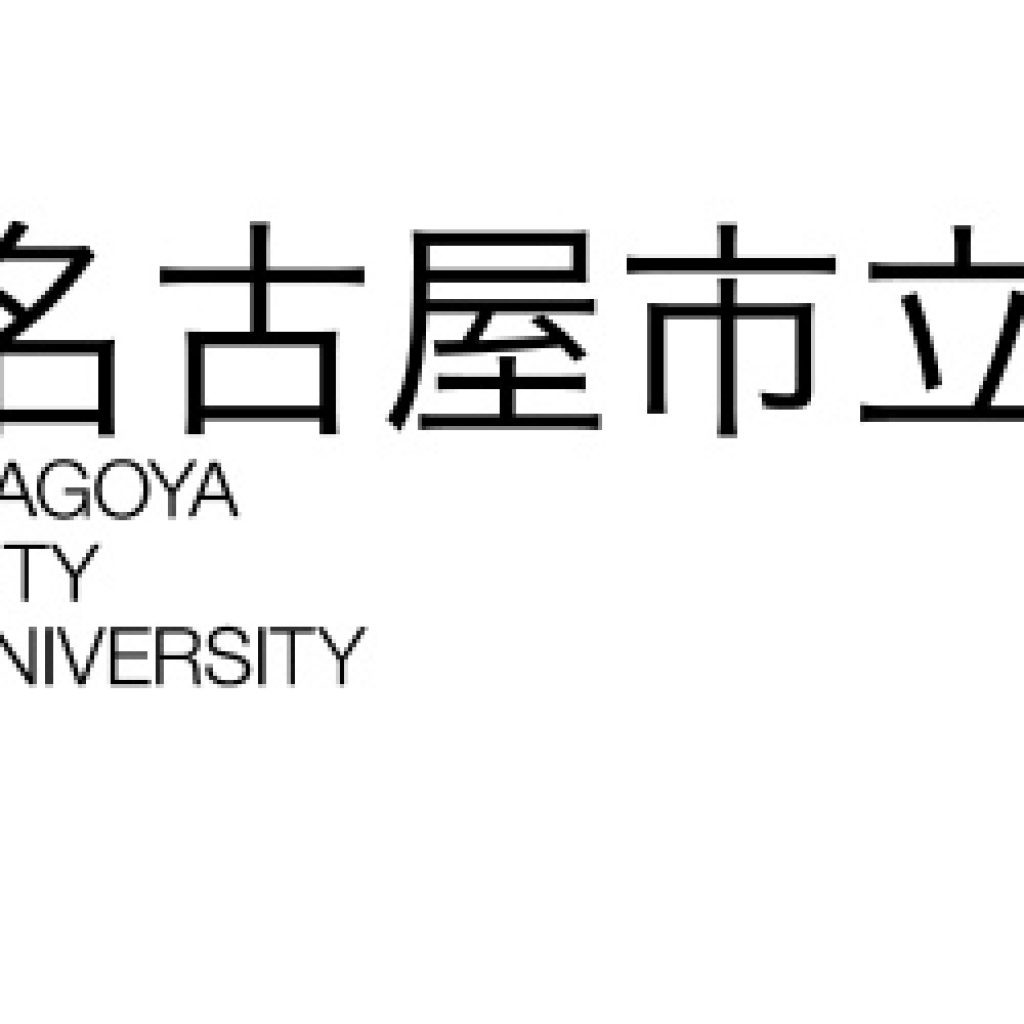(TechRadar) Researchers in Japan have made a discovery that could unlock opportunities to combine classical and quantum computing technologies in new ways, resulting in a massive boost in processing power.
Spearheaded by Professor Takahiro Matsumoto of Nagoya City University, the team of researchers was investigating a concept called quantum entanglement, whereby the interaction between multiple particles is such that they can only be described in relation to one another.
According to the research paper, the integration of proton qubits (a basic unit of quantum information) with modern silicon technology “could result in an organic union of classical and quantum computing platforms”.
Reportedly, this could allow for systems with a far larger number of qubits (10^6) than is currently possible (10^2) and thereby boost processing speeds dramatically across supercomputing applications.
Historically, scientists have found it difficult to manufacture quantum entanglement (which is fundamental to quantum computing) due to various engineering and logistical challenges. However, Matsumoto and his team recently observed a phenomenon that could provide the key: an entangled pair of protons on the surface of a silicon nanocrystal.
Breakthrough from Nagoya City University Combining Classical & Quantum Computing Could Result in Massive Boost in Processing Power
